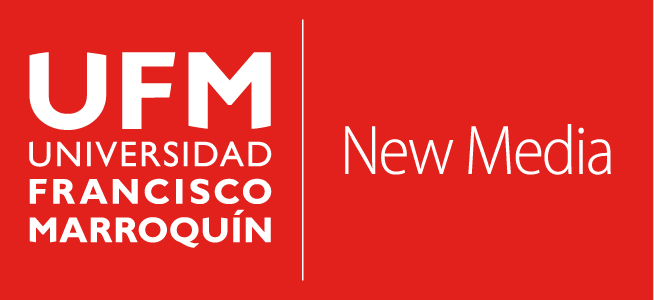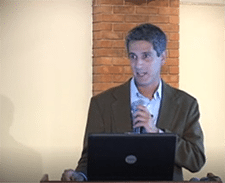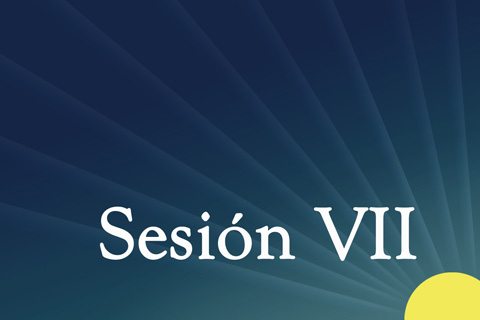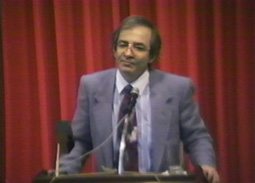About this videoThroughout modern history there has been a constant debate of what the role of the government should be. A large part of the population, especially in the western hemisphere, has the mentality that one should work for his or her country by investing in the State through taxes and government fees; however, nobody is sure of what society eventually gets back from such an investment. During his doctoral dissertation, Fritz Thomas briefly lectures on this dilemma and explains that there is no specific method to measure the performance of the public sector. He talks about the research he carried out and comments on how a large portion of the literature he found connects governance to economic growth, a correlation that he doesn’t agree with. Finally, Thomas defends his theory and shares his findings in relationship with the association between government spending and the quality of governance |
|
CreditsThe Cost of Governance: A Cross-Country Study
| |











